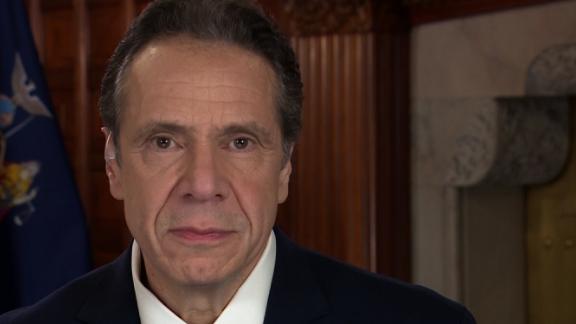Workers should come first in emergency coronavirus legislation

We are all coming to terms with the economic consequences of the extraordinary circumstances we find ourselves in because of the coronavirus. Who could have foreseen that self-distancing would turn into being self-quarantined with businesses all over the country shutting down? The situation became even more dire with some governors and mayors closing all “non-essential” businesses. Californians and New Yorkers are even being ordered to stay home.
First, we should ask ourselves, “What have I done today to help someone who has been adversely affected by the coronavirus outbreak?” We can show the world what is special about our country. French historian and political scientist Alexis de Tocqueville observed the charitable spirit so characteristic of Americans. We solve problems at the local level and help our neighbors. Now we have the opportunity to display that spirit more than ever!
Second, we can encourage government to take wise action to support working Americans. I opposed government bailouts in the past because they focused on Wall Street, particularly mismanaged business. This emergency is quite different. The average family could have never anticipated that all of their income — and any other job opportunity — would stop at the same time.
Congress is currently negotiating a new stimulus package and has the opportunity to provide real support to working families that will also uphold the economy until this emergency passes. If done correctly, this will keep businesses and non-profits on hold and prepared to reopen — with their employees ready to go back to work — once Covid-19 is behind us.
Senators Marco Rubio, Susan Collins, and Lamar Alexander have introduced the Keeping Workers Paid and Employed Act that should be included in the new stimulus. It would provide employers who maintain their payroll during this crisis 100% federally guaranteed loans. The loans would be forgiven if used to provide payroll to their employees. Loans are also available for other needs like supply chain disruptions, mortgage payments and other debt obligations.
Last week, President Donald Trump signed into law a coronavirus relief package that provides up to two weeks of sick leave to those with coronavirus, seeking diagnoses, advised to stay home due to symptoms or exposure or caring for someone quarantined by the virus (though businesses with over 500 employees were not mentioned in this bill). It also provided 12 weeks of paid leave only to those caring for children because their school or daycare was closed.
Congress needs to do better to expand this leave to cover large businesses with over 500 employees and to expand the paid leave provisions to cover those caring for family members, elderly or the disabled who have no other options.
We know large businesses are good at advocating for their interests but let’s make sure they do the right thing for their workers by providing sick and paid leave if they do receive any stimulus funds. It is important that members of Congress consider the average worker, small businesses and nonprofits as they finalize this emergency stimulus legislation.
While this government action is expensive, it is still a better option than having to rebuild the entire economy from scratch with economically devastated employees and no market for products. It is crucial that we keep businesses solvent and workers prepared to go back to work. If we don’t act quickly, the financial cost will be even greater and the human cost incalculable.
